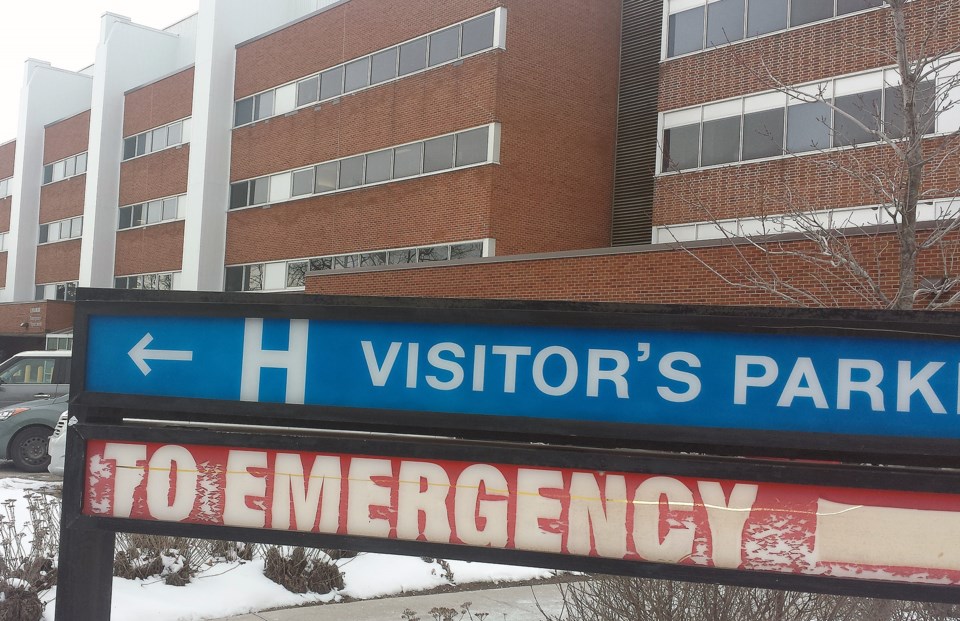Guelph General Hospital is preparing to embark on a $54-million expansion to its emergency and ambulatory care departments, but the city says it is too early to start discussing its share of the bill.
City council defeated a motion earlier this week that would have seen staff begin initial discussions with the hospital about possible ways of funding its share of the project.
While the Ministry of Health will fund 90 per cent of the cost of the renovations, 10 per cent of the cost, plus equipment, must come from local sources, primarily through contributions from the city and fundraising.
In the past the city has issued a special levy to help cover its share of hospital expansion.
Councillors Cathy Downer and June Hofland both said holding discussions now would be "premature."
"We need to address our infrastructure needs first and decide if health care is a priority," Hofland said at the last meeting of council.
"More downloading from the province," councillor Phil Alt said.
Hospital CEO Marianne Walker said in a separate interview that they hope to see the first patients in the two expanded units within five years. Initial discussions with the Ministry of Health and Local Health Integration Network have begun, with a master plan, budgeting and actual bids, design and construction to follow.
The province and LHIN are involved in each stage of the process.
"It's hard to say what the final price tag will be. In 2012 it was $54 million and equipment," Walker said.
Walker said the current emergency department was built to handle 40,000 visits a year and that figure has already surpassed 60,000 annual visits. The planned renovations will see the size of both departments double.
The ambulatory care department has also far exceeded its expected capacity.
"We're a growing city and an aging population. As a community ages, usually, you have more complex problems," Walker said, pointing to increased number of cancer treatments as an example.
